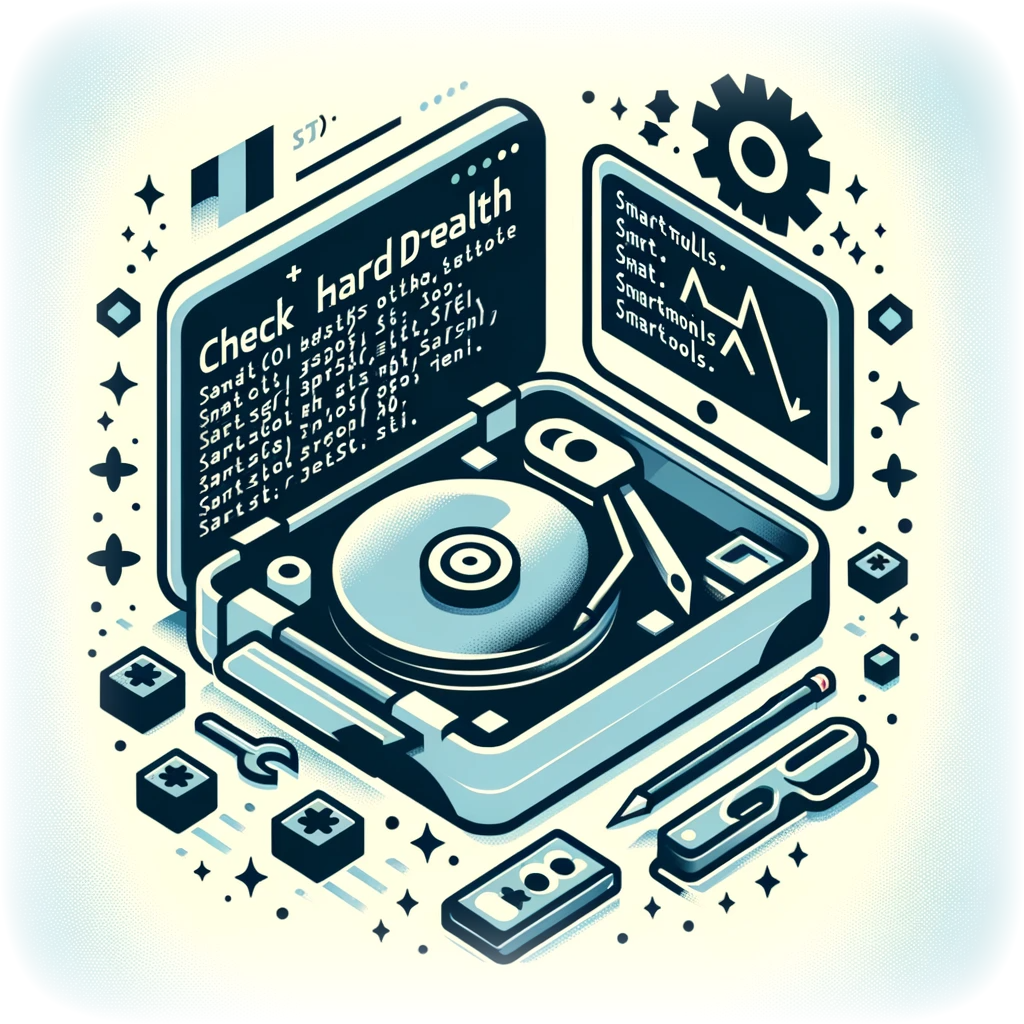Table of Contents

How to Check a Hard Drive Health from the Command-Line
Author(s): Louis Ouellet
Monitoring the health of your hard drive is a crucial aspect of maintaining your system's integrity and performance. On Linux, the smartmontools package includes the smartctl utility, which allows you to inspect your hard drive's SMART (Self-Monitoring, Analysis, and Reporting Technology) data to predict drive failure and perform checks.
Installing smartmontools
Before you can use smartctl, you must install the smartmontools package. On most Linux distributions, you can install it via the package manager.
For Ubuntu/Debian-based systems:
sudo apt update sudo apt install smartmontools
For Fedora/RHEL-based systems:
sudo dnf install smartmontools
For Arch Linux:
sudo pacman -S smartmontools
Checking Hard Drive Health
To check the health of your hard drive, use the -H or –health option with smartctl:
sudo smartctl -H /dev/sda
Replace /dev/sda with the path to your actual hard drive device.
Running Tests on the Storage Device
You can perform different types of tests on your hard drive using smartctl. To run a short test, which typically takes a few minutes:
sudo smartctl -t short /dev/sda
To run an extended test, which is more thorough and takes more time:
sudo smartctl -t long /dev/sda
After starting a test, you can check its progress with:
sudo smartctl -a /dev/sda
This command also displays detailed SMART information about the drive.
Conclusion
Regularly checking your hard drive's health with smartmontools can help you detect potential drive failures before they happen, allowing you to back up data and replace the drive proactively. The SMART data provides a wealth of information about the state of your hardware and can be a valuable resource in ensuring the longevity and reliability of your system. With smartctl, you have a powerful tool at your disposal for monitoring the well-being of your storage devices directly from the command line.
Remember to perform these checks periodically and especially if you notice any unusual behavior from your hard drive, such as noise, slowness, or errors. Being vigilant about your hardware's health is an essential part of maintaining a stable and secure Linux environment.
Tags
